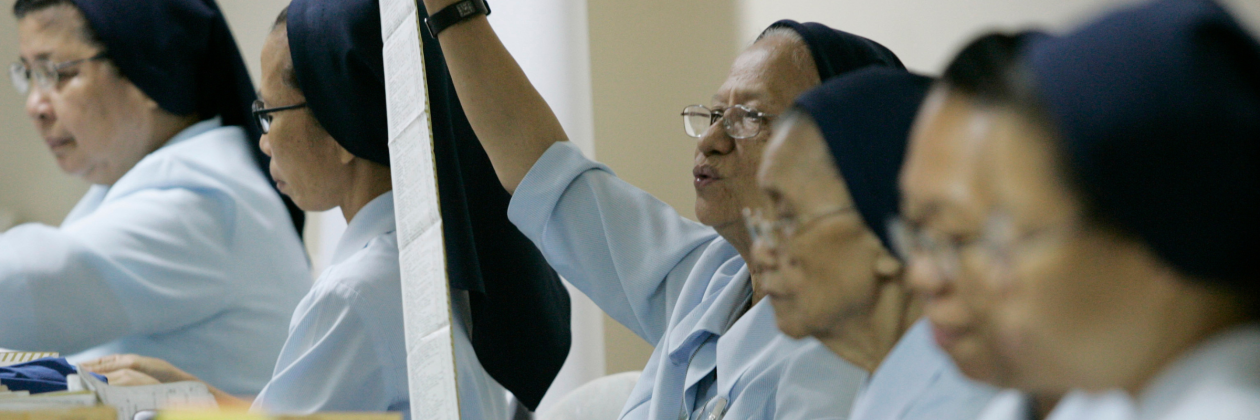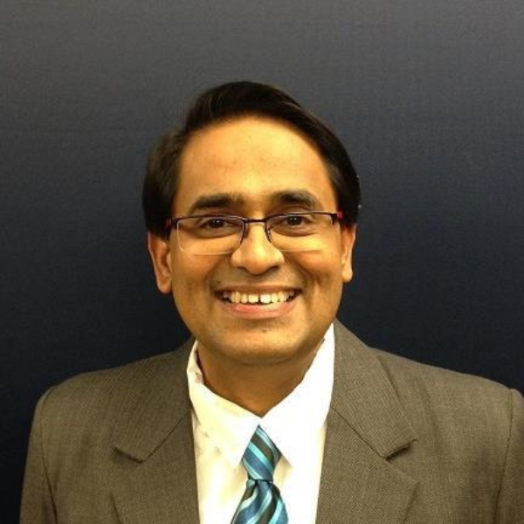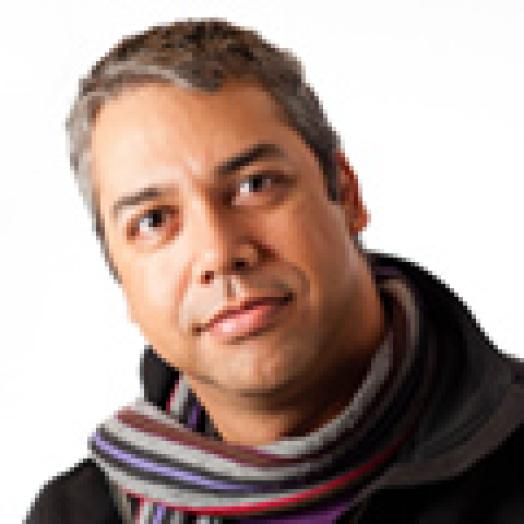
Sacred Ballots: Engaging with Religious Actors in the Electoral Cycle
In election season, religious dynamics are at times implicated in the rise of authoritarianism; religious, racial, and gender-based exclusion; social polarization; and political violence. However, religious actors can also serve as resources for promoting robust electoral institutions by lending legitimacy, moral authority, and organizational capacity to pro-democracy efforts. In practice, religious organizations are often woven intricately into the domestic civil society that is central to stable democracy. Practitioners need guidance on responding to the ambivalent relationship between religion and electoral institutions and processes, integrating religious dynamics into their assessments, and, where appropriate, planning programmatic engagements.
This white paper aims to help the electoral support community—election management bodies (EMBs), other interested government institutions, and NGOs—to better (1) assess the range of ways in which religious actors shape the electoral cycle and (2) respond appropriately to religious dynamics in electoral planning.
Authored by
Dr. David Buckley
Department of Political Science, University of Louisville
Vasu Mohan
Senior Global Advisor, Conflict, Displacement, and Minority Rights, IFES
Dr. Scott Bledsoe
Department of Political Science, Lipscomb University
Acknowledgments
We would like to thank Staffan Darnolf, Nell Bolton, Richard Klein, Aaron Azelton, and Rushdi Nackerdien for taking the time to speak with us about this white paper and Erica Schein, Peter Mandaville, Susie Hayward, and Staffan Darnolf for their peer review of the draft paper. Their contributions clarified our thinking and provided invaluable insights.
We benefited from an initial workshop on a draft paper with roughly 30 participants at the United States Institute of Peace in April 2023. The Religion Team at the United States Institute of Peace has been a generous partner in this work.
The paper also reflects insights from roughly 30 participants in a 2017 roundtable on this topic at the U.S. Department of State, convened by the Office of Religion and Global Affairs, as well as field interviews with roughly two dozen practitioners conducted in 2019 through the support of the University of Notre Dame’s Global Religion Research Initiative.
Watch Strengthening Democracy & Elections Through Religious Engagement: A New Framework for Policy & Practice
Table of Contents
Guiding Principles
Recommendations: Potential Practitioner Responses
General
Assessment
Engagement
Chapter 1
Chapter 2
3.1. “Religion” in the Context of Elections: Highlighting Actors and Organizations
3.2. Religion in Context
Religion-State Relationships
Religion and Political Actors
Religion and Social Inclusion or Exclusion
Religion and Security
Religion and the Economy
Religion and International Influence
4.1. Pre-election Period
4.2. Election Period
4.3. Post-election Period
4.4. Monitoring and Evaluation
General
Assessment
Engagement
Annex





